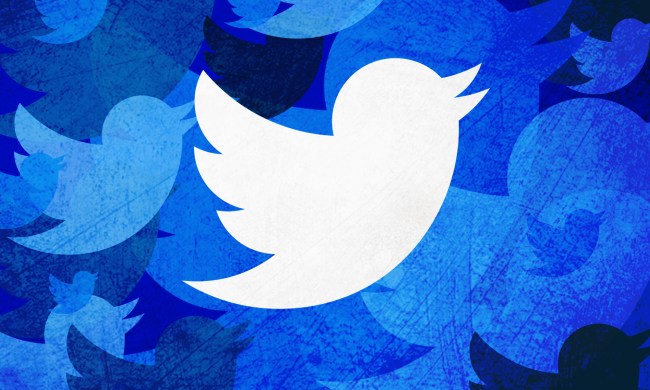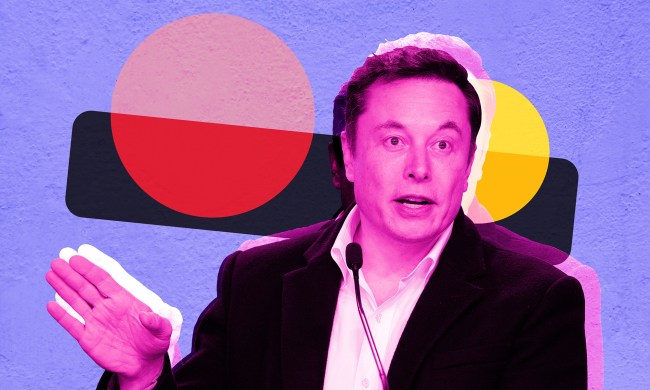
As much as it’s assumed that Twitter is indicative of popular opinion, a year-long Pew study says otherwise.

For instance, positive Twitter reactions that didn’t match up with public opinion include the federal government’s ruling that Proposition 8 was unconstitutional (the gay marriage ban). 46 percent of Twitter users expressed favorable opinions in the ruling’s wake, while 8 percent expressed negative sentiments. In reality, 44 percent of the public felt the government’s ruling over Prop 8 was disappointing, while only 33 percent of those polled were “happy” with the decision.
Along the same vein, Twitter was effusive about Obama’s reelection. If you’re on Twitter, or on the Internet for that matter, you might remember Obama’s very succinct victory tweet that smashed Twitter records. 77 percent of comments were positive and 23 percent negative, post-election. The public opinion’s sentiments on Obama’s reelection once again weren’t so clear cut, though. Just 52 percent were happy, while 45 percent expressed negative sentiments.

“In the two days following Obama’s re-election on Nov. 6, there were nearly 14 million Tweets from people expressing their reaction. And more than five million expressed their reactions to the first presidential debate. But other events, particularly the federal court ruling on same sex marriage in California last February and Obama’s nomination of John Kerry in December, drew a much lower volume of tweets,” the report says.
Twitter continues to spin itself as the barometer of thoughts, a national pulse taker – but clearly, there’s a discrepancy here. It’s a nice reminder to everyone putting ample stock in the predictive abilities of social media: While this data is valuable, you might not want to discard all other research avenues quite yet.


